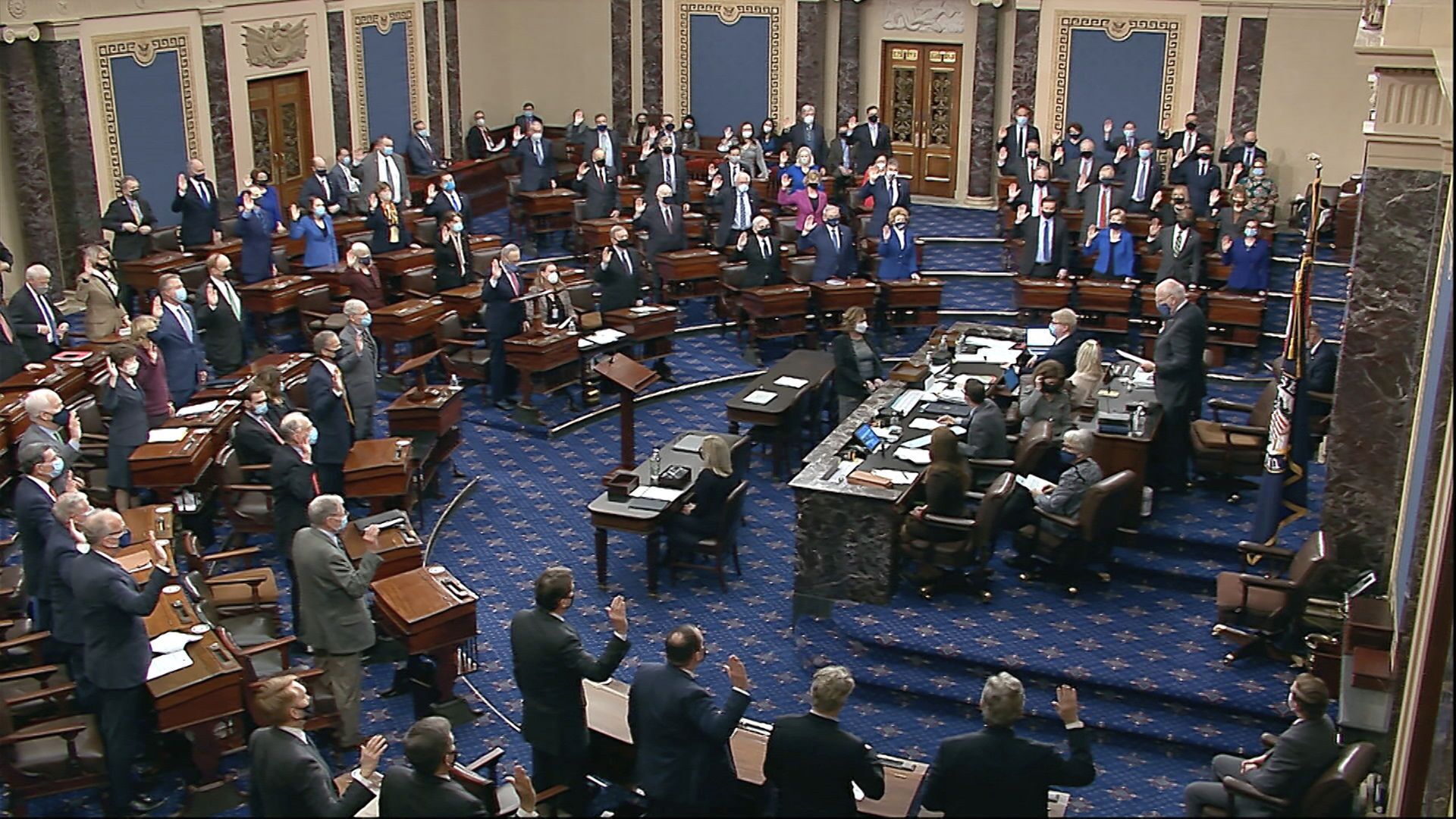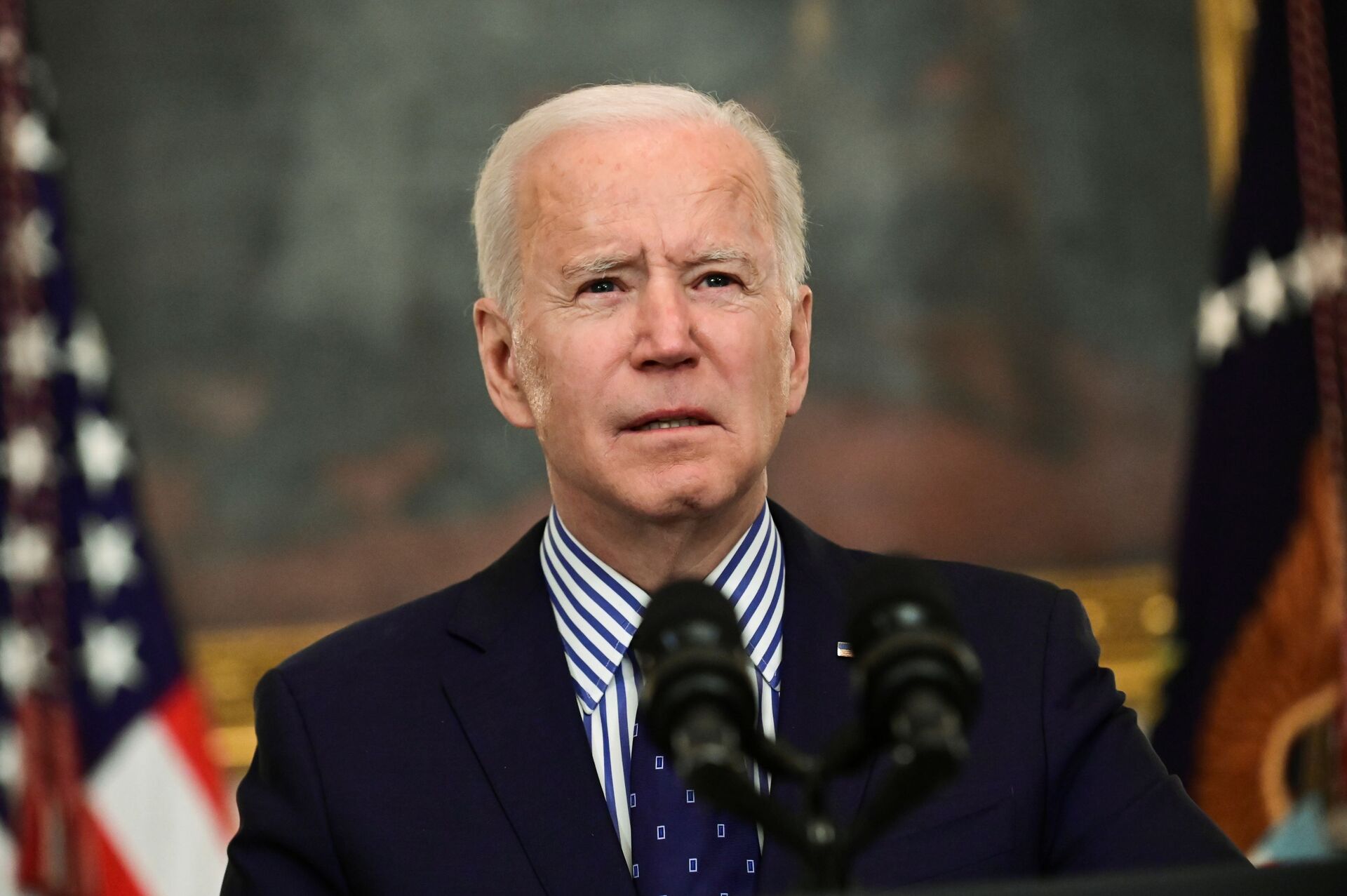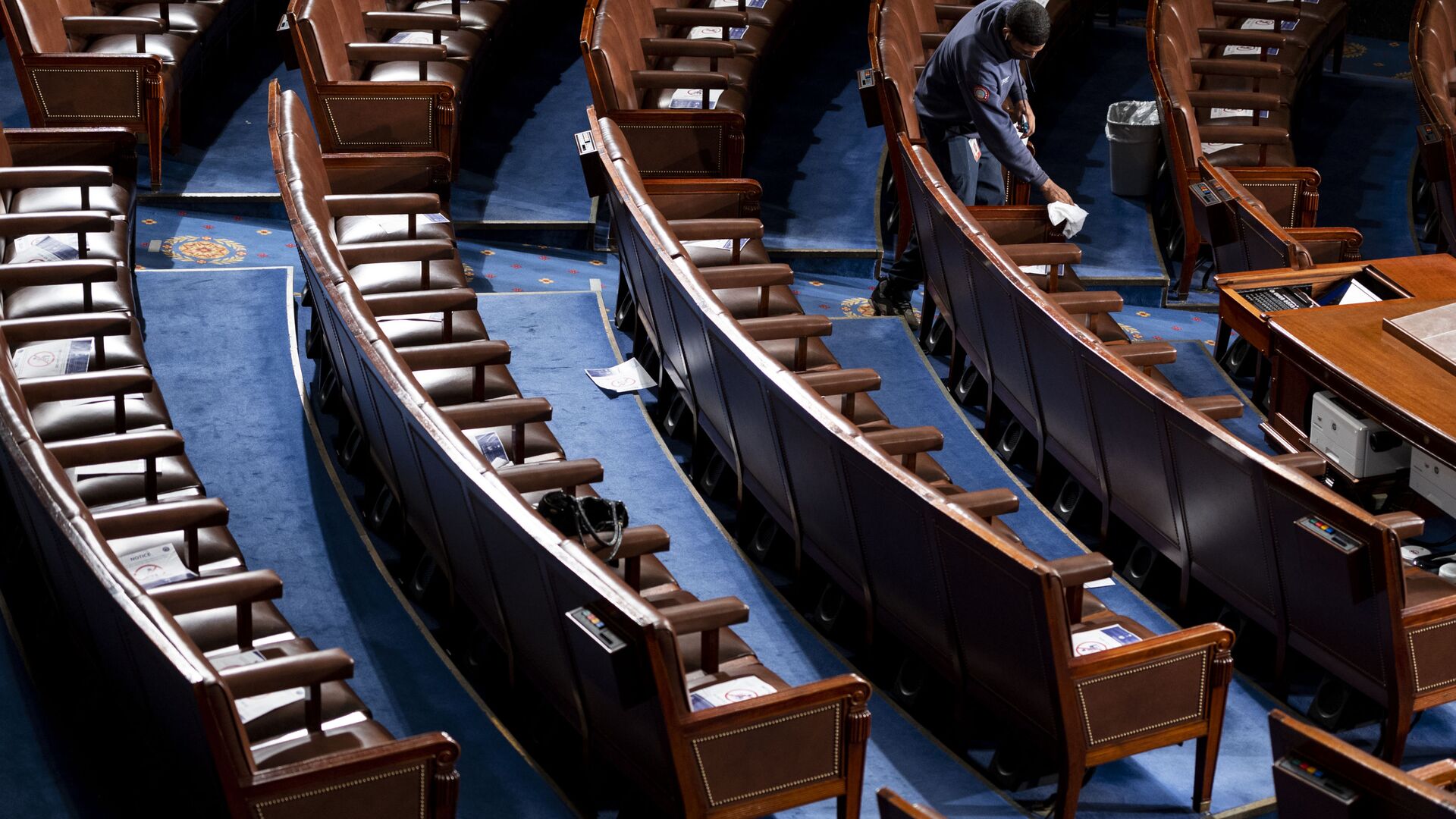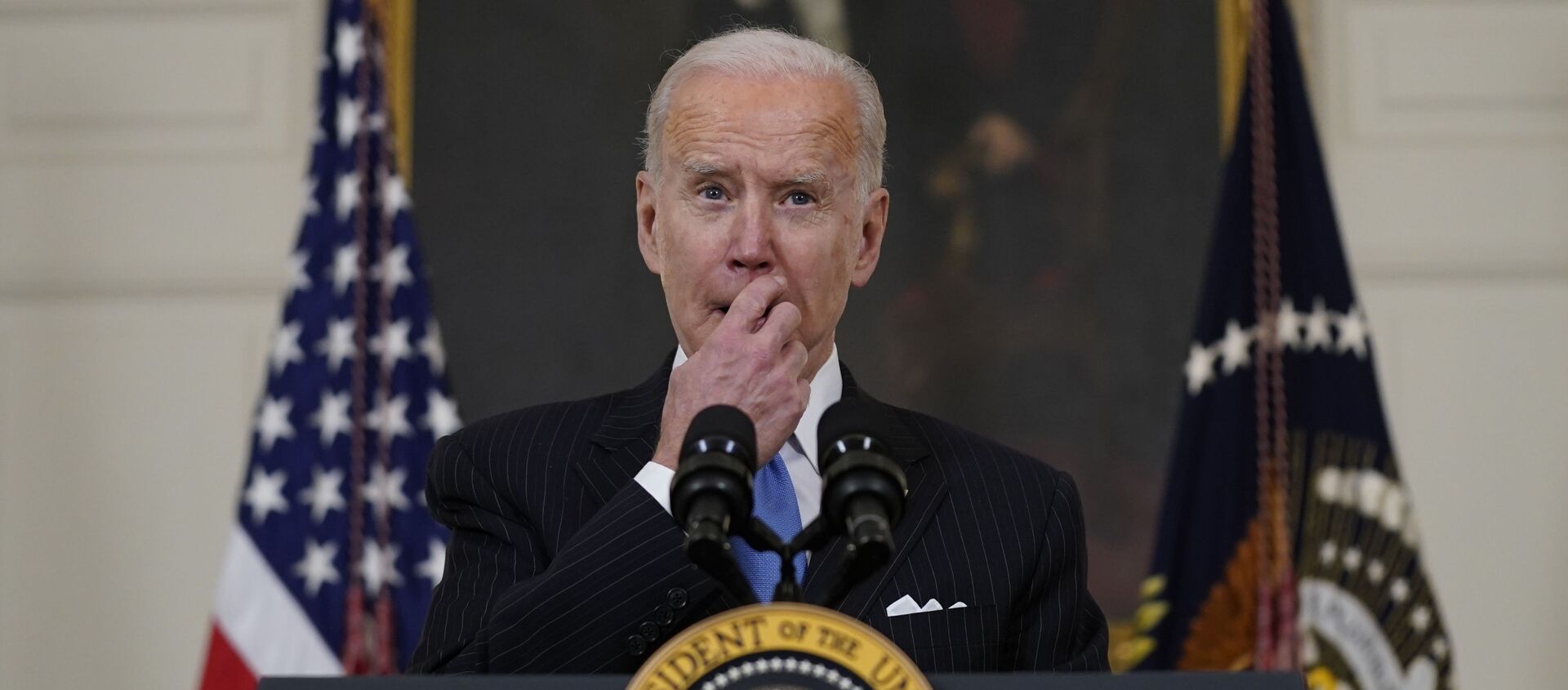After the successful, albeit troubled, passage of Biden's $1.9 trillion American Rescue Plan through the US Senate, the bill's next stop will be in the Democrat-controlled House. The lower chamber of the US Congress will vote on the terms of the discussions around the bill on 8 March, a little over a week after it passed a previous version of the plan.

The final House vote on the COVID relief plan is, in turn, planned for 9 March, according to House Majority Leader Steny Hoyer. The nearly $2 trillion bill was strongly opposed by the Republican Party in both chambers and so the upcoming vote is likely to pass again along party lines, as the House remains under Democrat control.
After this, the American Rescue Plan will land on the desk of its main proponent, President Joe Biden, who will then sign it into law, possibly later this week. This means that the Democrats will be able to achieve their goal of adopting a new relief package before the previous one, negotiated in December, expires.
What Does the American Rescue Plan Mean for US?
Just like the last coronavirus-related relief bill, the American Rescue Plan will provide the majority of Americans with financial stimulus checks, extend unemployment benefits, and fund government efforts to combat the pandemic by means of testing and vaccinations. Biden's "rescue plan" also includes provisions to help American states and small businesses, which, POTUS claims, will help the US economy "outcompete" the rest of the world, especially China.

However, unlike the December bill, the $1.9 trillion American Rescue Plan does not enjoy bipartisan support in Congress. While the previous bill was the result of extended negotiations and compromises between the Democrats controlling the House and the GOP controlling the Senate at the time, the current one was essentially pushed through both chambers by Democrat majorities in them.
The relief package will also reportedly not be the last of Biden's moves aimed at fighting the pandemic. According to a memo, purportedly drafted by White House senior adviser Anita Dunn and National Economic Council Director Brian Deese, and obtained by CNN, Biden's Cabinet believes there will be "no room for complacency" even after the American Rescue Plan is signed into law. The media outlet, however, did not elaborate on whether the memo contained any concrete steps that Biden and his team may be planning to take in the near future.




